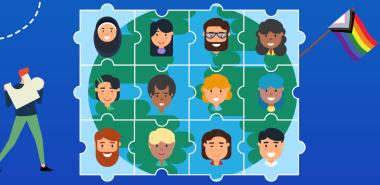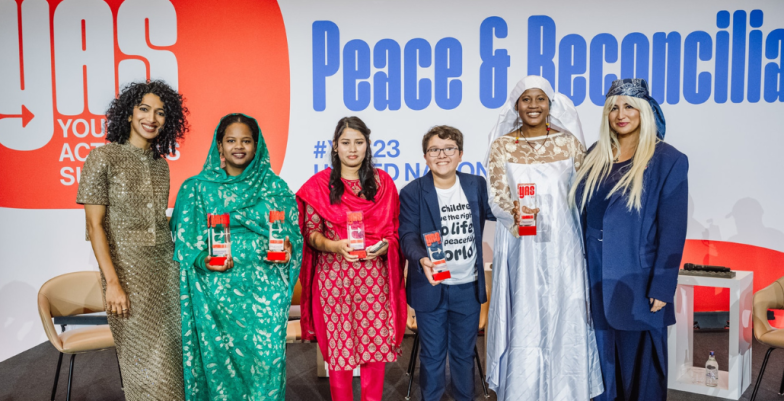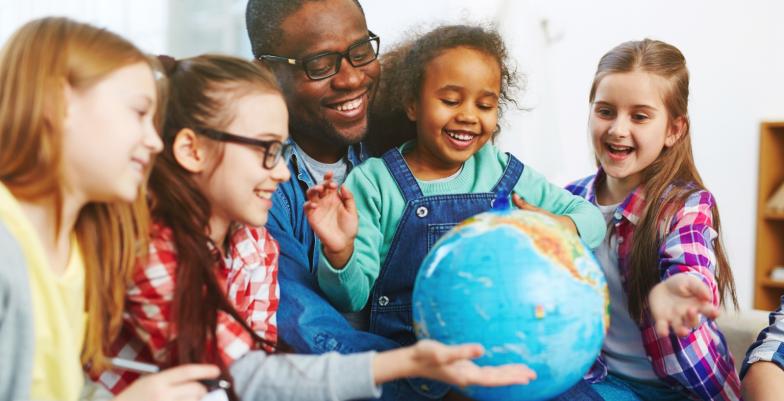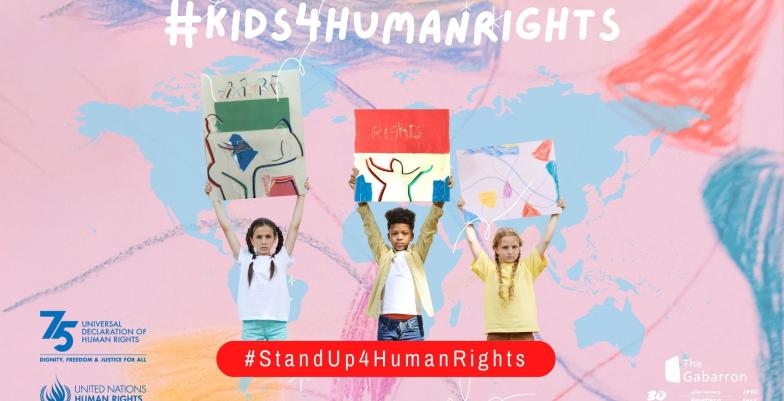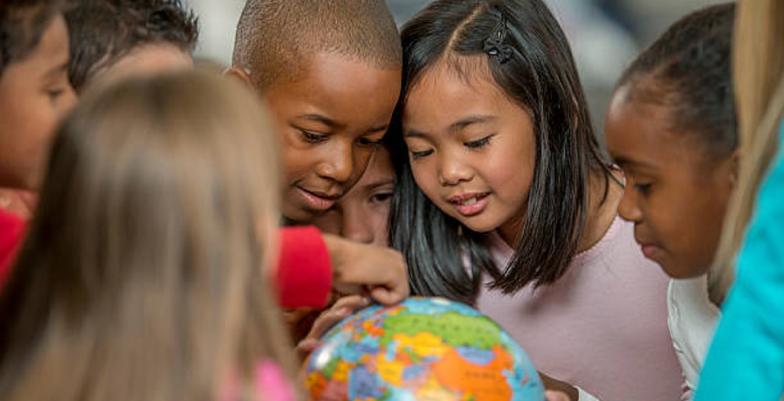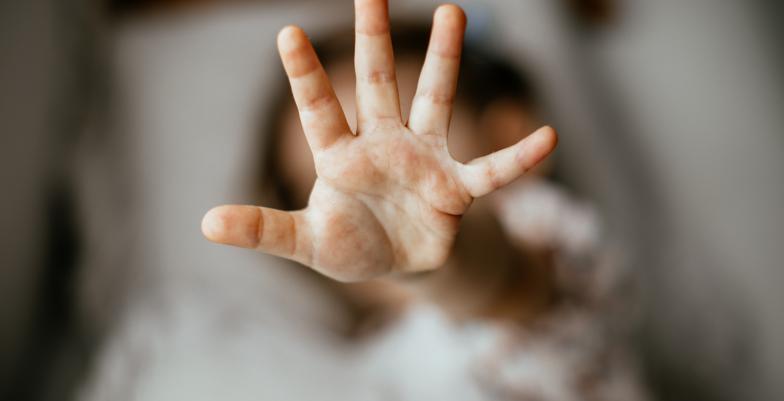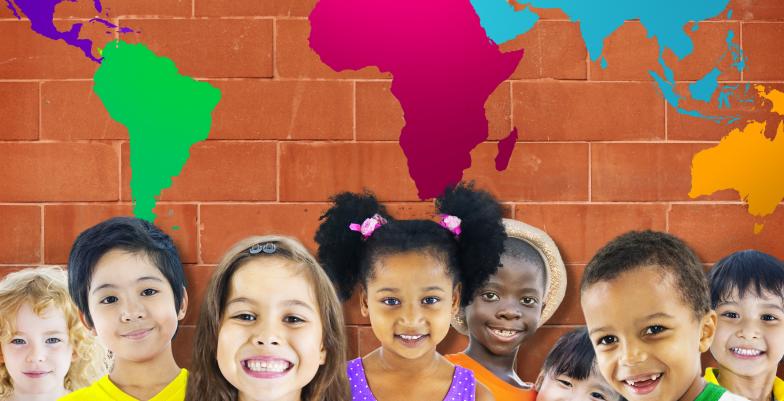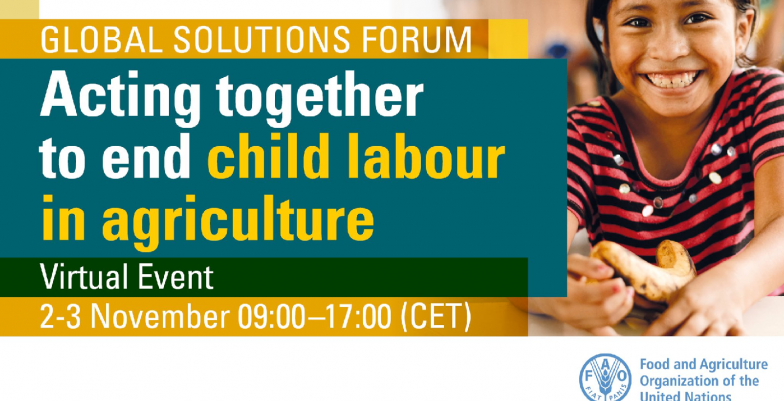Rights of the Child
The EU is steadfast in its commitment to promoting and protecting the rights of the child globally, as enshrined in the UN Convention on the Rights of the Child. Our work focuses on safeguarding children from violence, exploitation, and harm while ensuring access to quality education, safe environments, and opportunities for participation in decisions that affect their lives.
In Focus
Navigate the topic
EU Strategy and Policy Framework
Central to the EU’s efforts is the EU Strategy on the Rights of the Child, adopted in 2021, which provides a comprehensive framework for protecting and empowering children. The EU Guidelines on the Rights of the Child, updated in 2017, are central to embedding children’s rights in EU external action. These guidelines focus on promoting and protecting the rights of all children by encouraging and supporting the strengthening of partner countries’ own child protection systems; and enhancing cooperation with international organisations and civil society to deliver impactful outcomes.
With a rights-based approach, the EU aims to “leave no child behind,” prioritising vulnerable groups such as girls, children with disabilities, Indigenous children, and those from ethnic or national minorities.
The EU Action Plan on Human Rights and Democracy (2020-2027) further embeds children’s rights in our global agenda, advocating for integrated child protection systems to prevent violence and promote digital safety. Initiatives like the Better Internet for Kids programme and obligations under the Digital Services Act strengthen protections for children in online spaces, setting global standards for preventing and addressing abuse.
Children in Conflict-Affected Areas
The EU is dedicated to protecting children in conflict zones, not least by implementing by the EU Guidelines on Children and Armed Conflict, which address the six grave violations against children in wartime, as condemned by the UN Security Council: killing and maiming; recruitment as soldiers; abductions; sexual and gender-based violence; attacks on schools and hospitals; and denial of humanitarian access.
These guidelines support reintegration programmes, trauma recovery through child-centred and gender-sensitive approaches, and accountability mechanisms to ensure justice.
The EU also integrates child protection into its Common Security and Defence Policy operations, ensuring a cohesive approach across humanitarian, development, and peace initiatives.
Empowering Children and Young People
The EU empowers young people through the Youth Action Plan in EU External Action, fostering their role in sustainable development, human rights, and democratic participation.
Youth Sounding Boards in EU Delegations amplify young voices in policy discussions, while the EU Youth Empowerment Fund supports youth-led initiatives worldwide.
Through the Global Gateway strategy, the EU promotes access to education, training, and digital infrastructure, encouraging youth advocacy in communities globally.
The EU also champions the UN Youth, Peace, and Security Resolution, supporting youth-led peacebuilding through partnerships with organisations like the United Network of Young Peacebuilders. Initiatives in regions like the Western Balkans demonstrate our commitment to youth-driven reconciliation and empowerment.
Global Advocacy and Partnerships
The EU collaborates with international partners, including UNICEF and UNFPA, to advance children’s rights globally. We advocate in multilateral fora in favour of child protection, addressing emerging challenges like digital safety and the impacts of climate change and conflict on children. The EU Special Representative for Human Rights actively promotes children’s participation, ensuring their voices are heard in decisions about services, protection, and recovery efforts. The EU also supports candidate countries in aligning their laws with international child rights standards and fostering robust protection frameworks.
Looking Ahead
The EU is dedicated to creating a world where every child can thrive, free from violence and discrimination. Through strategic policies, global partnerships, and a focus on empowerment, the EEAS continues to uphold children’s rights as a cornerstone of its external action, adapting to evolving challenges to build a brighter future for the next generation.

